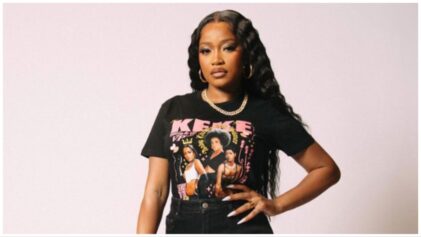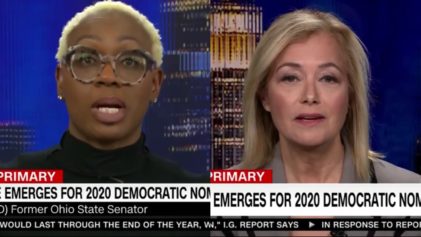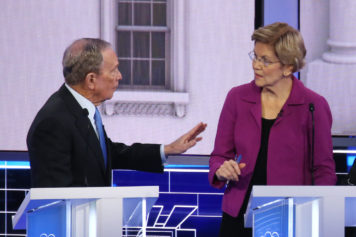
Both Hilary Clinton and Bernie Sanders are currently debating social, political and economic issues that address the Black community. According to some of these Black feminists, it’s time for Clinton and Sanders to campaign directly to Black women.
“If Hillary wants to court black women, she should start by apologizing for all the ways she has hurt our families and us,” wrote Shanelle Matthews, lead communications strategist for Black Lives Matter.
What Matthews is referencing is Clinton’s previous support of her husband’s policies on criminal justice and welfare which greatly worked against the Black community.
University of Pennsylvania professor Salamishah Tillet, still undecided, said, “It’s hard for me to champion a Clinton prosperity narrative as proof of electability of another candidate when I feel like it decimated the Black community and criminalized black men.”
Critics agree that Clinton’s past did create current aversion to her possible White House entry, but “Feel the Bern” Sanders isn’t winning hearts over either.
Jamilah Lemieux, a senior editor at Ebony, questioned of Sanders, “Will it take having an older white guy to have a revolutionary president? Just imagine if Barack or Hillary, but particularly Barack, said the things Sanders said about overthrowing things.”
“I’m definitely weighing my options,” said Renee Bracey Sherman, a reproductive justice activist in Washington, D.C. “A lot of my beliefs on economic policies fall in line with Bernie Sanders. However, he is not able to connect the way that gender and race intersect with economic inequality the way Hillary does,” Sherman explained.
Intersectionality, a term coined by law professor Kimberlé Crenshaw, has been very important to Black voters, and of course Black female voters. Candidates with an in-depth understanding of combined identities of race, gender and class is key in this election.
In her Harlem speech, Clinton explained her understanding of intersectionality with, “We face a complex set of economic, social and political challenges,” she said. “They are intersectional. They are reinforcing, and we’ve got to take them all on.”
“An emphasis on not only Black women, but Black feminists, is long overdue,” said Lori Adelman, co-executive director of Feministing. “So often, Black women’s support is taken for granted.”
Both candidates are actively seeking Black voters, particularly Black women. Both employ prominent Black women, including Black feminist activists, to their campaign staff. Recent entrance polls showed Clinton winning Black voters in Nevada. Polls in South Carolina, which votes on Saturday, show Clinton with mass support from Black voters, too. Could it be because Clinton’s inner circle is more diverse as well? Still, in interviews, Black feminists with political canons in journalism, academia and activism are still on the fence.
“I’m glad for any feminist who feels confident that their needs will be met by Hillary or Bernie’s presidency,” said Matthews. “As a Black feminist, I’m not there yet. And frankly, I’d like to stop being lectured by white feminists who would boorishly call themselves my ally while also paternalistically scolding me for not bending toward their political ideologies.”
Brittney Cooper, a professor at Rutgers University, observed on Facebook, “It’s just interesting to me that progress in the last election was being able to have a black male (centrist) president and vote for him, especially if you were black. Now progress in this election seems to be ‘feeling the freedom’ not to vote for a (centrist) woman if you’re a woman. It’s all very odd.”


